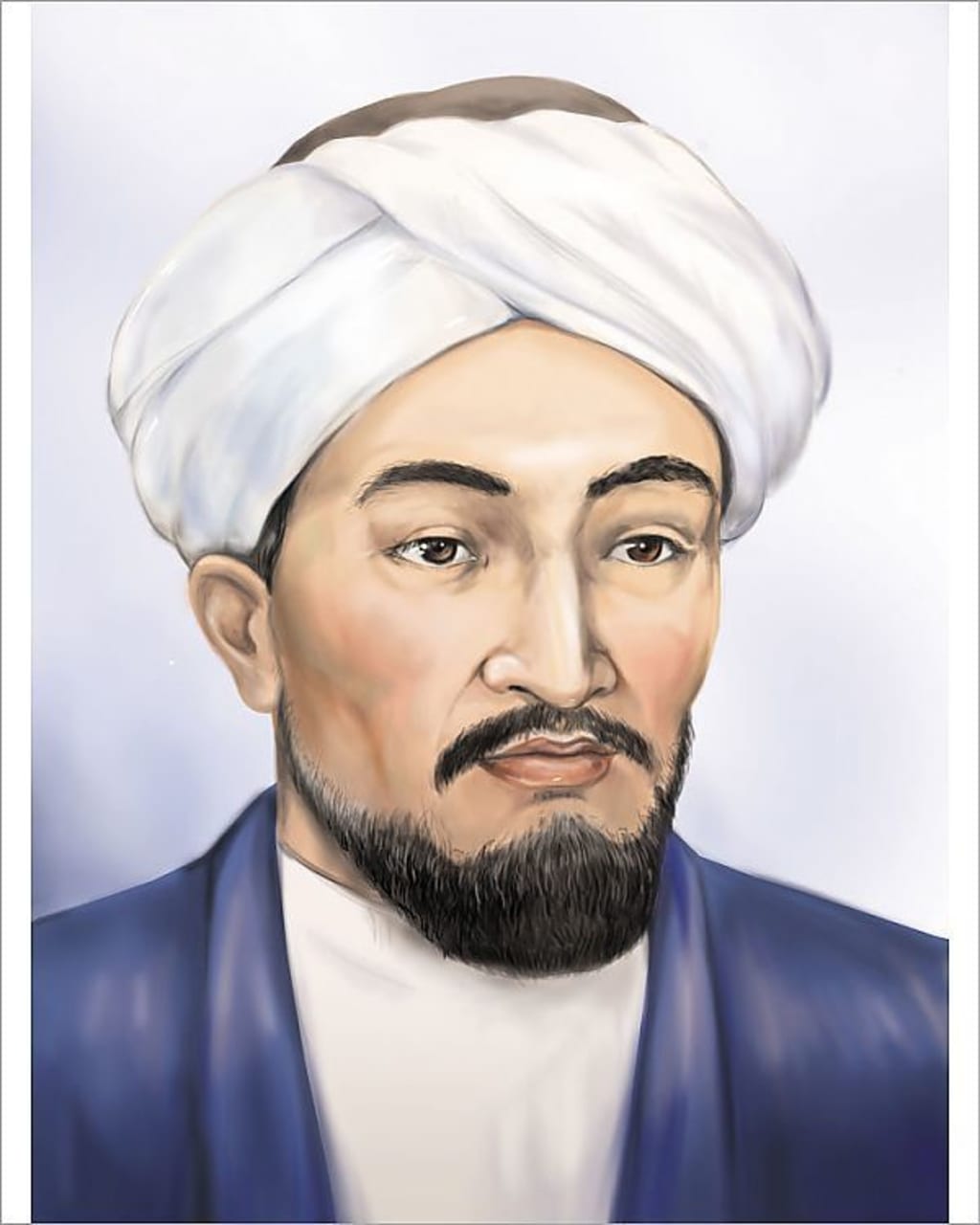Abu Nasr Farabi: Simplifying the Complex in a Bursty World
Simplifying the Complex in a Bursty World

Introduction
Abu Nasr Farabi, a brilliant philosopher of the Islamic Golden Age, left an indelible mark on intellectual history. Born in the 9th century, his ideas continue to resonate today. In this article, we explore Farabi's life, his contributions to philosophy, and how his principles of burstiness and perplexity can inspire modern content creators.
Early Life of Abu Nasr Farabi
Farabi's journey began in a small town, where his insatiable curiosity set him on a path of intellectual exploration. Despite the challenges of his time, he pursued education, laying the foundation for his future contributions to philosophy.
Farabi's Contributions to Philosophy
Delving into Farabi's major works, we discover his unique approach to simplifying complex philosophical concepts. He believed in making profound ideas accessible to a wider audience, a principle that continues to influence thinkers today.
Farabi's Approach to Language
A closer look at Farabi's philosophy reveals his emphasis on simplifying language. By breaking down barriers in communication, he aimed to create a more inclusive intellectual environment. His ideas on language resonate with the need for clarity in modern discourse.
Burstiness in Farabi's Thought
In the realm of intellectual pursuits, burstiness refers to the sudden emergence of groundbreaking ideas. Farabi's thoughts were marked by bursts of creativity that challenged existing norms and stimulated intellectual growth.
Perplexity in Farabi's Philosophy
Farabi's philosophy embraced perplexity—a state of uncertainty and ambiguity. He believed that confronting perplexing ideas led to deeper understanding and intellectual growth. His unique perspective on perplexity remains relevant in the pursuit of knowledge.
Applying Farabi's Ideas Today
Farabi's principles find resonance in the digital age. We explore how his ideas can be applied to modern communication, emphasizing the importance of engaging content and clear communication.
The Art of Simplification
In a world inundated with information, simplicity is key. Farabi's emphasis on simplification inspires content creators to convey complex ideas in a way that resonates with a broader audience.
Engaging Readers Through Burstiness
Bursty content captivates readers and fosters intellectual curiosity. We discuss how incorporating burstiness into writing can enhance engagement and leave a lasting impact.
Balancing Perplexity and Clarity
Finding the delicate balance between perplexity and clarity is an art. We provide insights into achieving a nuanced approach that challenges readers without overwhelming them.
Farabi's Legacy in Language and Thought
Explore the enduring impact of Farabi's ideas on linguistic and philosophical discourse. We examine how his legacy has persisted through the ages, influencing subsequent generations of thinkers.
Crafting Bursty and Perplexing Content
Practical tips for content creators inspired by Farabi's approach. Learn how to infuse burstiness and perplexity into your writing to captivate and challenge your audience.
Evolving Language in the Digital Age
In the era of the internet, Farabi's principles take on new significance. We discuss the challenges and opportunities for writers in adapting his ideas to the rapidly evolving landscape of online communication.
The Role of Analogies and Metaphors
An exploration of Farabi's use of analogies and metaphors in simplifying complex ideas. Discover how these rhetorical devices can be harnessed in contemporary writing for enhanced clarity and engagement.
Conclusion
In summary, Abu Nasr Farabi's enduring legacy lies in his ability to simplify the complex, embrace burstiness, and navigate the realms of perplexity. As writers and thinkers, we can draw inspiration from his principles to create content that challenges, engages, and stands the test of time.
FAQs
1. How did Farabi's philosophy impact modern communication?
Farabi's emphasis on simplification and clarity laid the groundwork for effective modern communication, influencing how we convey complex ideas today.
2. Can burstiness be applied to all types of content?
Yes, burstiness is a versatile concept that can be adapted to various forms of content, from articles and blogs to videos and social media posts.
3. What challenges do writers face in achieving the right balance between perplexity and clarity?
Writers often struggle to challenge readers without overwhelming them. Striking the right balance requires finesse and a deep understanding of the audience.
4. How can content creators use analogies and metaphors effectively, as Farabi did?
By carefully selecting relatable analogies and metaphors, content creators can simplify complex ideas, making them more accessible and engaging for their audience.
5. Where can I learn more about Abu Nasr Farabi and his contributions to philosophy?
For a deeper dive into Farabi's life and philosophy, explore reputable academic sources and philosophical texts that discuss his ideas in detail.
About the Creator
Umar Farid
Stories,
Poetry,
Quotes,






Comments
There are no comments for this story
Be the first to respond and start the conversation.